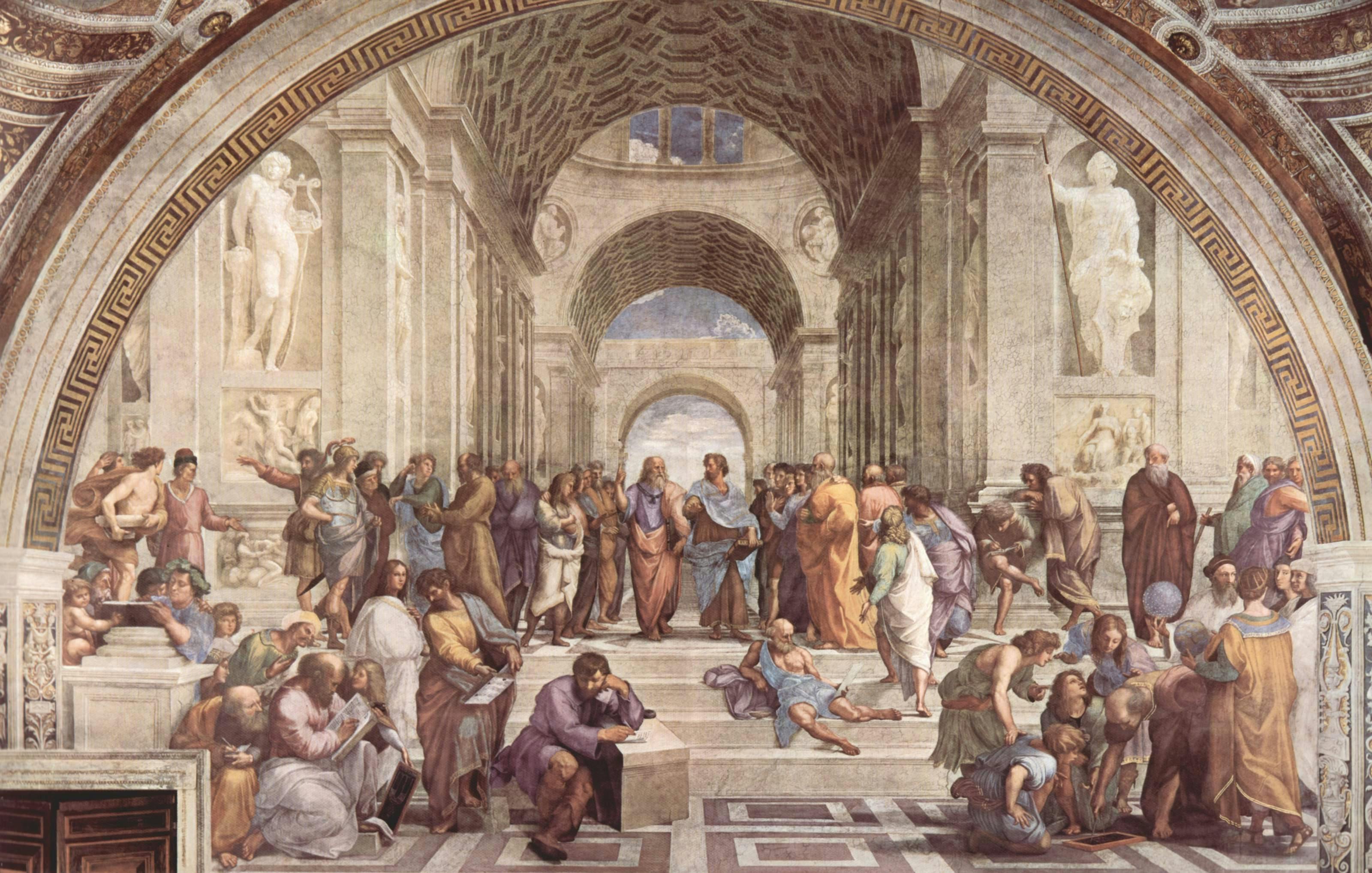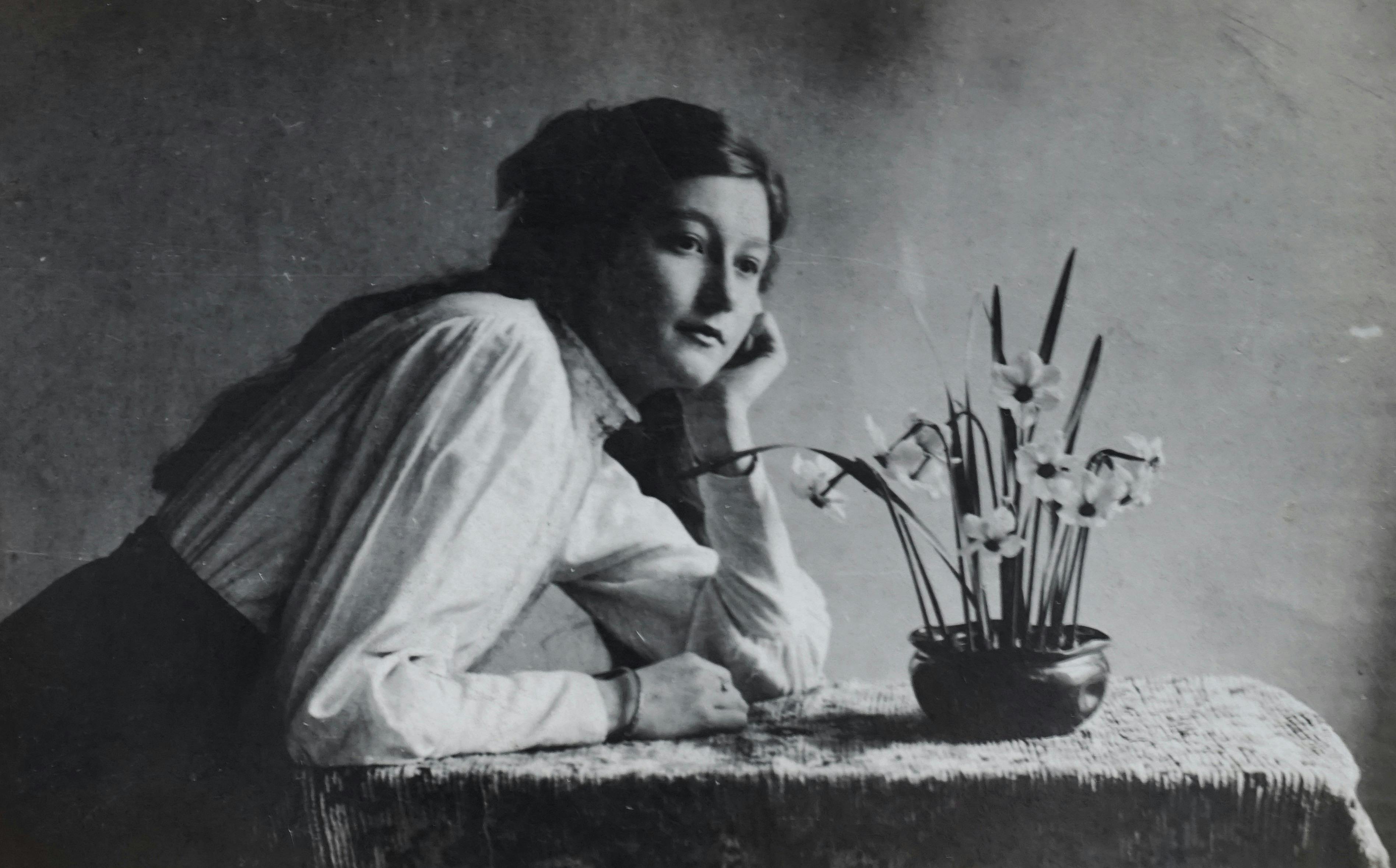10 Ancient Secrets for Radiant Hair (Backed by Modern Science)
The European Renaissance of Hair Care

During the European Renaissance, hair was a symbol of status and beauty, leading to the development of elaborate hair care rituals. The use of rosemary water became popular for its purported ability to enhance shine and promote growth. Vinegar rinses were also common, believed to cleanse the scalp and add a natural gloss to the hair. This era saw the beginning of more scientific approaches to hair care, as alchemists and herbalists experimented with various concoctions to improve hair health, paving the way for future innovations.
The Victorian Era's Natural Approach

The Victorian era brought a return to natural ingredients in hair care, as the Industrial Revolution prompted a backlash against synthetic products. Women often used egg yolks and honey as natural conditioners, while lemon juice was employed to lighten hair naturally. This period also emphasized the importance of regular brushing to stimulate the scalp and distribute natural oils, a practice that remains relevant today. The Victorian focus on natural beauty and self-care resonates with contemporary movements that prioritize organic and non-toxic beauty solutions.
